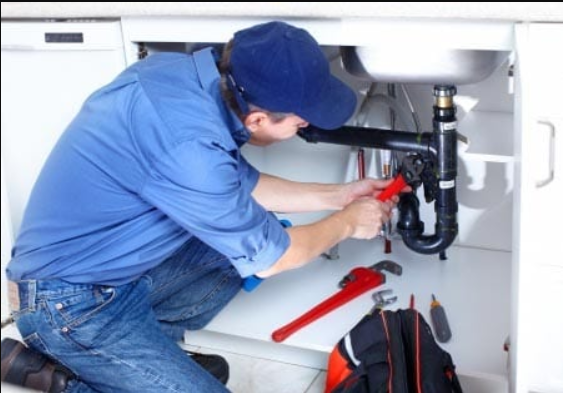Home plumbing is one of the most vital systems in any home. It’s annoying as it usually is put off until something bad happens. A leaky faucet might be signaling a major pipe burst, and either way, plumbing problems can be quite inconvenient and expensive if not managed right. Knowing how to troubleshoot common plumbing issues could save you time, unnecessary stress, and even money. Read further to know all that you need to know and find practical tips and insights about effectively managing plumbing repair problems for your home.
What Are the Common Plumbing Problems?
The first step to solving plumbing issues would be the correct identification of them. Among the most common ones include dripping faucets, running toilets, clogged drains, and leaky pipes. Each of these problems might be a minor nuisance or potential threat that could potentially do some damage to your home. For example, a dripping pipe can sometimes start a mold infestation unless the problem is addressed in time. Visible parts of the plumbing in your home must be examined periodically, and attention should be given to the slightest sign – damp walls, low water pressure, or strange noises from the pipes. This early catch will help prevent much bigger and costlier problems down the line.
Home Plumbing Fixes: What You Can Do Yourself
Some plumbing repairs you can do yourself, given you have a few basics on hand. While it’s always best to call a pro for major problems, a leaky faucet or a clogged drain rarely requires expert attention. A plunger, wrench, and plumber’s tape in your toolbox will quickly get you over those minor troubleshooting spells. Replacing worn-out washers, adjusting the float mechanism of your toilet, or clearing your slow drain can also save you on service calls.
Know When to Call a Professional Plumber
Sometimes, you need to call a professional plumber without trying out the DIY process. Such occasions may include faulty water heaters, burst pipes, problematic sewer lines, or major leaks in a plumbing system. In these cases, only an experienced plumber will have the skills and tools required for complicated plumbing repairs that could be too dangerous and complex for an amateur. They can also ensure that services adhere to regional building codes.
Plumbing Systems Maintenance
Frequent maintenance means small problems are caught before they become big ones. Check faucets for drips and make sure that the drains are working fine. Also, flush the water heater and remove sediments inside, which would help to keep it better efficient and increase its potential lifespan. Other regular maintenance includes cleaning out gutter systems and downspouts to prevent any blockage in them, which could cause flooding indoors at any time. By addressing minor work throughout the year, the chance of facing emergency plumbing episodes at any time is also minimized.
Knowing the Plumbing Repair Cost
The amount of money spent on plumbing repair can be very high. It depends on the criticality of the case and the materials needed to make it right. Very minor works, like fixing a dripping tap or replacing a toilet flapper, can cost little money. Still, fixing a water heater or doing repairs to a sewer line can be very expensive.
Conclusion
Plumbing care is essential to maintaining comfort and functionality in your home. Though not everything requires a plumber, it is equally important to know when you should hire one, as this can save an entire ton of money from potentially costly mistakes. Preventing larger problems takes regular maintenance, and learning the possible cost of repairs could help you budget better. Paying attention to your plumbing system and keeping potential problems under control will make all the difference between a good working home for the rest of your life.
